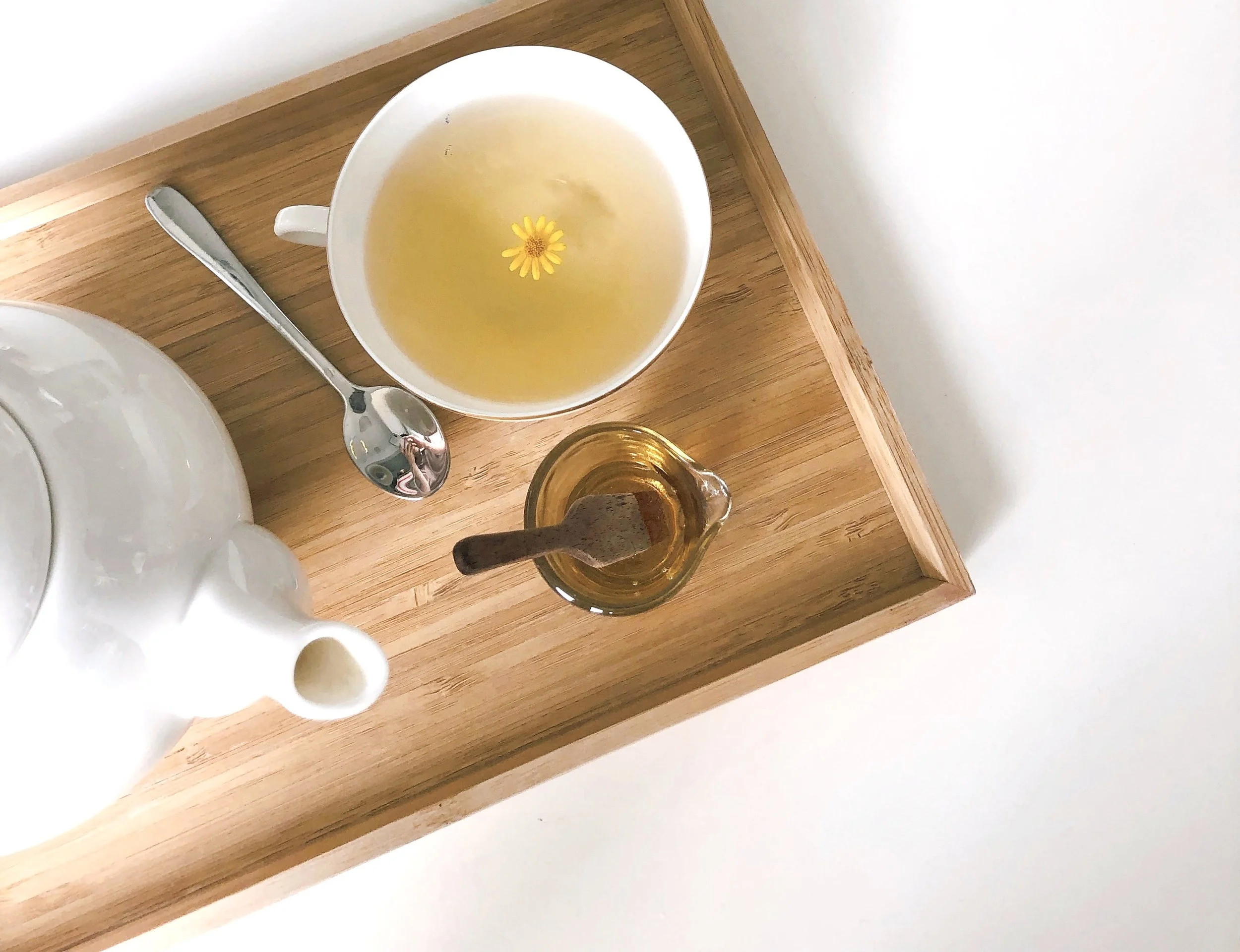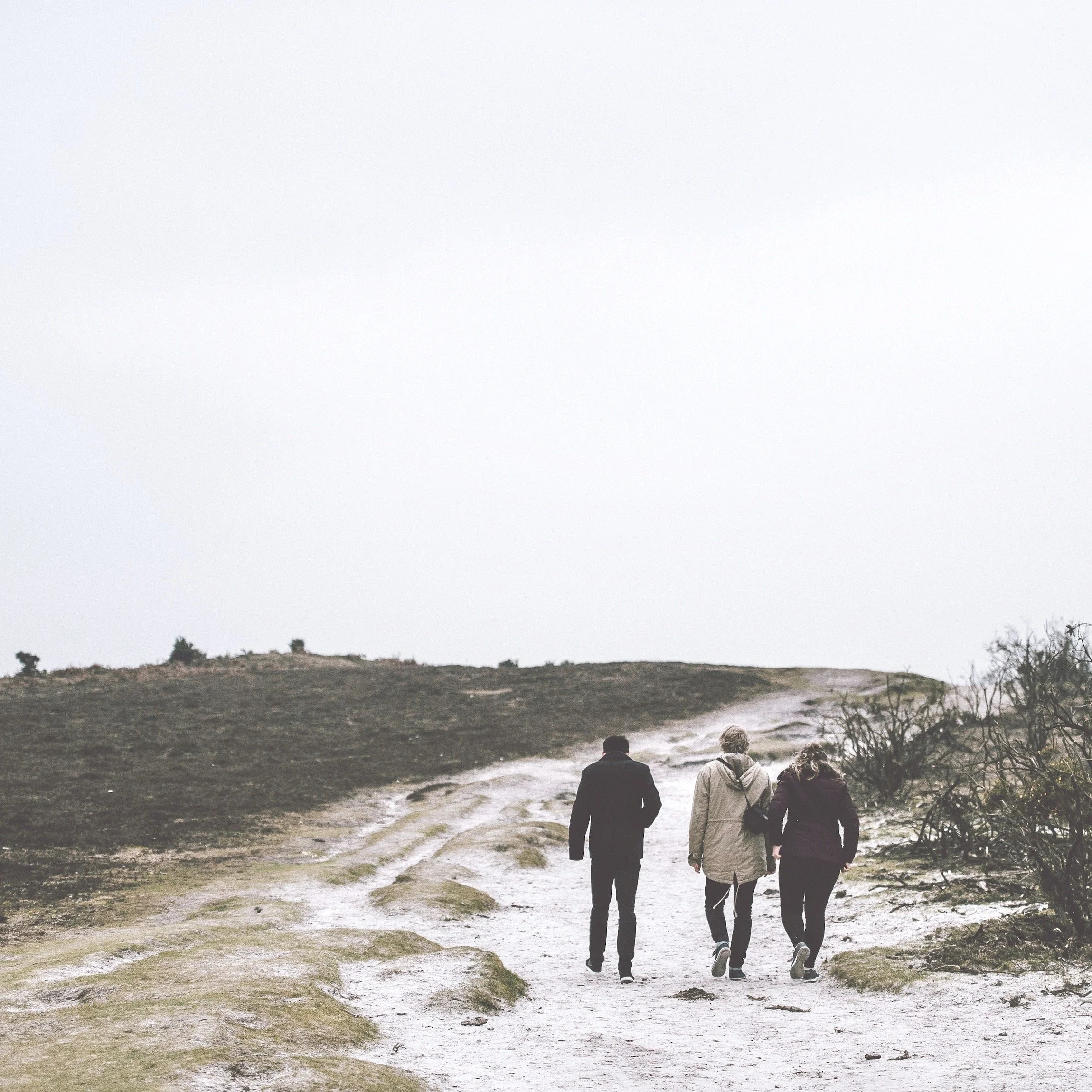Learning Slowly
They stumble that run fast.
– William Shakespeare, Romeo and Juliet
I injured my back a while back and was forced to walk slower. I remember going into the hospital that day for work thinking, everyone’s going to notice—only to realize that I was walking about the speed of everyone else in the hallway. I’d never really noticed, but I was apparently by default the kind of person who strode past everyone else on the way to wherever I was going.
Back when I was deciding which residency program to pick, someone said of one program, “they throw you in the deep end there: it’s sink or swim.” I ranked it first. That’s always been my impulse: I want to figure it all out now. I want to get there now. I think quickly, talk quickly, read quickly, get things done quickly. No wonder I picked a surgical specialty: those internists were forever talking about what something could be while the surgeons went in and fixed things.
The same impulse kicked in when I began seminary this semester: in two days, I had completed two weeks’ worth of reading and assignments. I went to my professor’s office hours and felt like asking, “can you just give me the entire history and content of the debate between inerrancy and infallibility in fifteen minutes?”
Instead, I’ve been thinking about why he quite deliberately does not post all the class material at once: because learning is not just about content, but pacing. The concepts need time to settle. They need to be inhabited and mulled over a bit. There’s a difference between acquisition of data and growth in formative knowledge, between taking notes from a book or lecture and engaging with that information in a way that affects how you think or see things. The latter takes space, and time. It takes iteration and experience.
It takes steeping. Every winter, I become a tea addict. When I get tired of fancy blends, I put a couple of whole Chinese tea leaves in my mug. They come shriveled up in hard little kernels, but in the hot water, they slowly unfurl. There’s nothing one can do to speed that process up: to experience the fullness of flavor they have to offer, one simply has to wait.
It is hard not to completely know. I want the fifteen-minute summary because I want to know which side I should be on. I wanted to sink-or-swim so I could start being a real eye doctor. But many times, the more I know, the more I know what I don’t know. The more I hold what I do know with greater humility. Learning can be as much about the unknowing of things as the knowing.
So I’m trying to let things percolate, to let the import of not just what a concept is but what it means filter its way through my consciousness. To let that breathe and do its work without running too far ahead.






